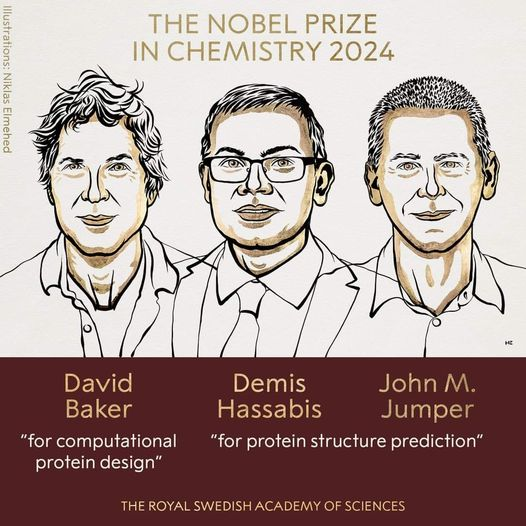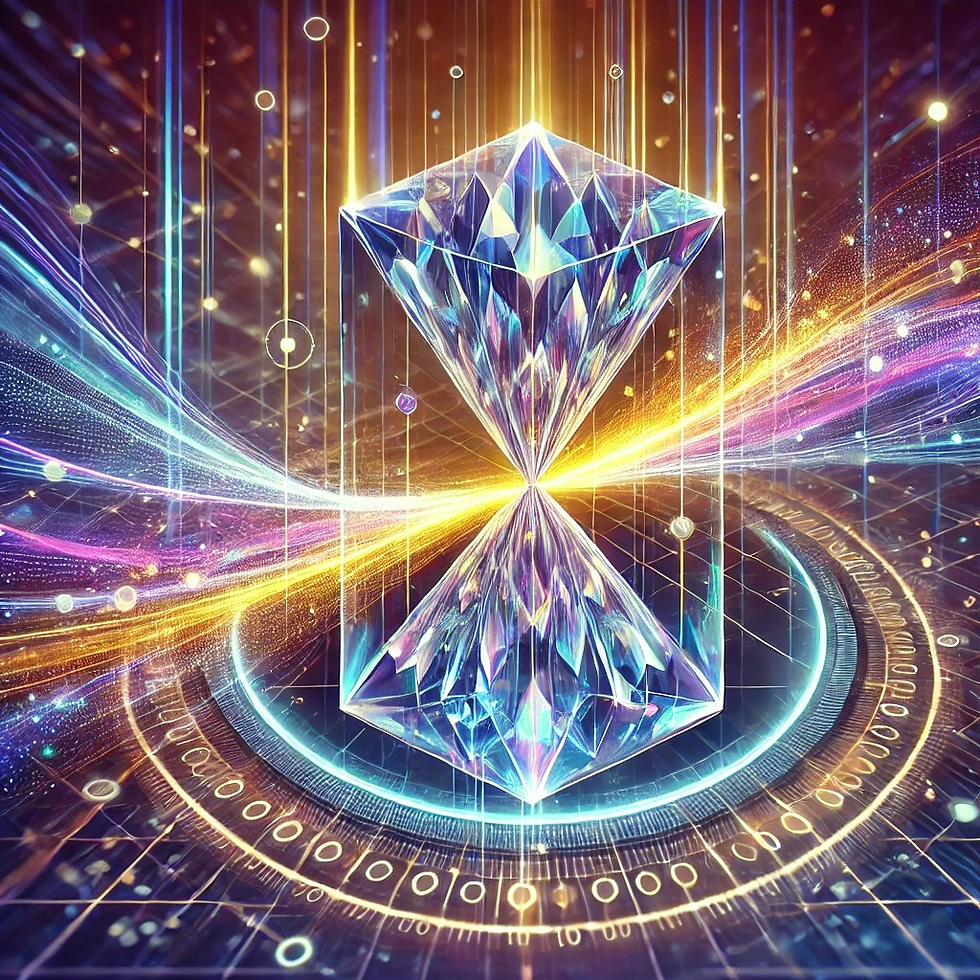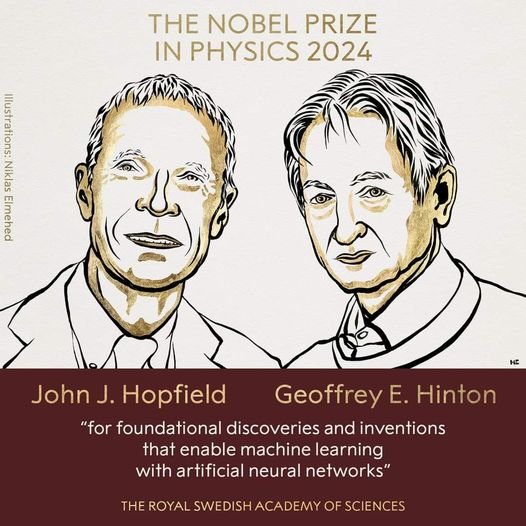Nobel Prize in Chemistry 2024: Computational Breakthroughs and the 2024 Nobel Prize
- Shubhayan Mukherjee

- Nov 19, 2024
- 1 min read
First, I’ve to admit—I'm not an expert on protein structures or related fields, but that doesn’t mean I won’t stretch my reply to challenge the conventional thinkers of Physics community.
This year’s Nobel Prize in both Physics & Chemistry brought a fascinating shift, splitting the Chemistry award between two fronts: Prof. David Baker for Computational Protein Design, and Prof. Demis Hassabis and John Jumper for Protein Structure Prediction. Just hours before the announcement, I posted on WhatsApp saying I wouldn’t be surprised if the chemistry award went to computational work too. I had also discussed with Shamik Chanda that it’s high time for computational research, especially in DFT or AI-ML, gained global recognition. And here we are—it happened.
We didn’t predict the award per se, but it’s clear we were on the right track by feeling the pulse of reality—computational science is no longer on the sidelines; it’s at the forefront, globally acknowledged and awarded.
For those who can’t accept this shift, that’s just your conventional mindset. Physics, as far as I’ve understood, has always pushed beyond its boundaries, embracing inclusivity while holding onto tradition. Physics is adaptive and open, and that’s the beauty of it for me.
Let’s not stretch this argument too far, though, to test its elasticity.
In the words of Prof. Mark Casida, “OMG! 2024 Chemistry Nobel Prize is also for machine learning (applied to protein structure prediction). Well, guys, if this is not chemistry, is it (1) biology, (2) computer science, or (3) physics? Or shall we just give up and admit that the future of science is highly interdisciplinary?"





Comments